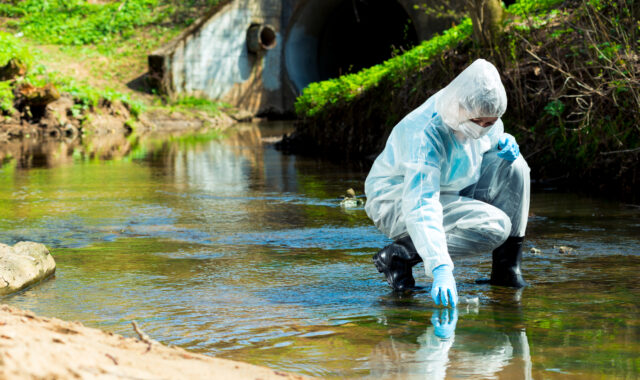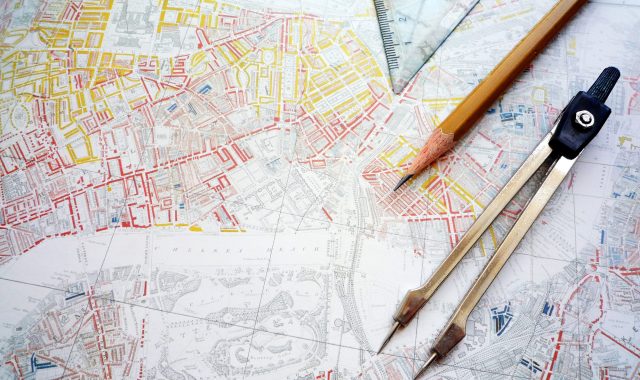
Isobel R.
HydrologistWhat is the nature of your role and its responsibilities?
I monitor and analyse the movement of water across Yorkshire using measurements of rain, river levels or river flow. My responsibilities include producing monthly reports to describe what has been happening with the water, supplying data to people that ask for it and producing reports for significant drought or flood events.
What led you to follow this career path?
Coming across things in the news about different environmental issues, environment lectures at uni and the job search process.
What qualification(s) or training did you complete?
BEng Engineering Mathematics degree and a few Future Learn courses.
How are your qualification(s) or training useful in your everyday job?
It’s very useful having solid mathematics knowledge to apply to problems and I have started to use Python coding in my job which I also learnt in my degree. I did a lot of modelling which helps when I have to collaborate with the modelling team as I have a better grasp on what’s going on in the background.
What does an average working day look like for you?
I spend time sorting through our inbox and figuring out exactly what people are asking for. I find the correct data and perform data quality checks before I send it out to them – I might speak to people in the data team if something doesn’t look right. I also will be looking into our different measurement sites and assess how well they are performing and decide if we need to make any adjustments to improve them. I might also be gathering data and writing some summaries for our reports.
What aspect of your role do you most enjoy?
I really like going out on our site visits. We do them every so often to get an idea of what the river looks like in particular places we are working on. It’s great to meet the people who are out in the field and see it from their side and then come back into the office with a new perspective on the data.
What aspect of your job do you find most challenging?
I’d probably say dealing with the fact that sometimes we can’t find the answers! It can be frustrating but often there just isn’t enough data to get to the bottom of issues or supply people with what they’re after. It’s especially a problem when we’re using very old data.
What would be your top piece of advice for anyone wanting to become a hydrologist?
I would recommend studying Geography! Although it worked out fine for me coming from Engineering Maths I think it would be a lot easier having had more Geography related knowledge. Getting outside to actually look at the rivers and topography really helps put things into context too!











Comments